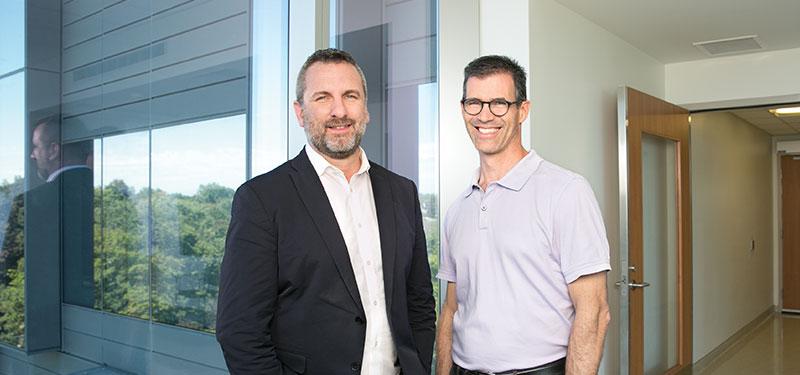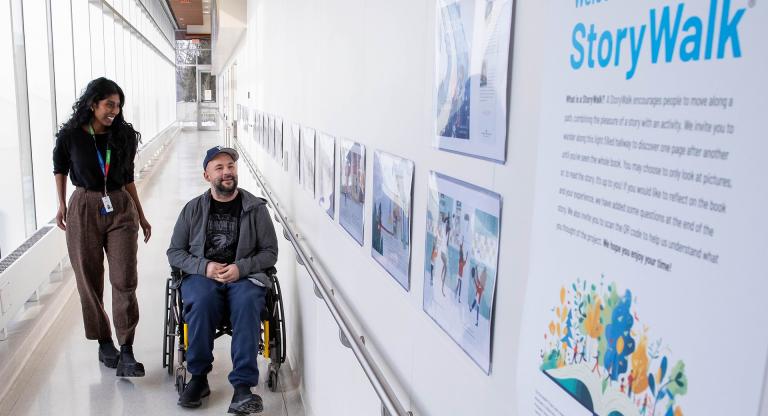Sinai experts weigh in: What to know about palliative care and end-of-life care

The terms palliative care and end-of-life care are often used interchangeably, but they are not the same.
Palliative care is care that focuses on improving the quality of life and quality of care for patients with life-limiting illness and their families. It can be provided alongside disease focused treatment as early as the time of diagnosis, and includes managing pain and other symptoms, addressing active issues and preventing new issues and coping with loss and grief. It’s about providing comfort and dignity for patients and families who are living with a life-threatening illness.
“I see palliative care, not as a scary word that means death is near, but as a whole system of support that is available to a person with a life-limiting diagnosis,” explains Dr. Russell Goldman, director at Sinai Health’s Inter-Departmental Division of Palliative Care. “We want to help people live how and where they want, whether that’s at home, in hospice, a palliative care unit or long-term care.”
End-of-life care is a component of palliative care that is directed towards the care of patients nearing end of life. End-of-life care is typically used when patients are thought to be in the last days, weeks or months of life, but this timeframe can be difficult to predict.
Families and caregivers are an essential part of the conversation around palliative care.
“The majority of people with serious illness do not understand the incurable and progressive nature. Even when doctors think they’re being clear, there are health literacy issues, cultural issues and family issues that can stop people from being on the same page,” says Dr. Jeff Myers, who leads the Albert & Temmy Latner Family Palliative Care Unit at Bridgepoint Active Healthcare. “We’re working to create a truly patient-centred climate, where patients and their loved ones feel empowered to ask the tough questions, speak up when they don’t understand and make truly informed decisions.”
Dr. Goldman and Dr. Myers offer some advice for patients and families in palliative care:
1. There’s nothing to fear. Palliative care doesn’t mean death is imminent and it doesn’t mean giving up. Palliative care is about supporting the goals people have for their care and help the patient live as comfortable as possible.
2. Don’t be afraid and speak up for your needs. Ask all the questions you have, because even physicians have fears and misconceptions about palliative care. People with serious illness “often wait for their doctor to bring up the details of their condition,” adds Dr. Jeff Myers. But “doctors tend to avoid the conversation, believing they are maintaining hope. Often they’re very relieved when a patient asks for information.”
3. Caregiver support is critical and health care providers should check in with families to see how they’re doing. “When you’re flying on a plane with your child and the oxygen masks come down, you’re supposed to put yours on first,” notes Dr. Goldman, “because if you’re not looking after yourself, you’re not going to be any good to anybody else.” Allowing yourself time to go for a walk or the ability to get a good night’s sleep can make a huge difference in everybody’s palliative experience.
4. Educate yourself about the resources available to you. All hospitals have social workers who can help point you in the right direction. They can recommend helpful websites or other reading material, and help to arrange home care. Don’t wait to be offered help – ask for it.












